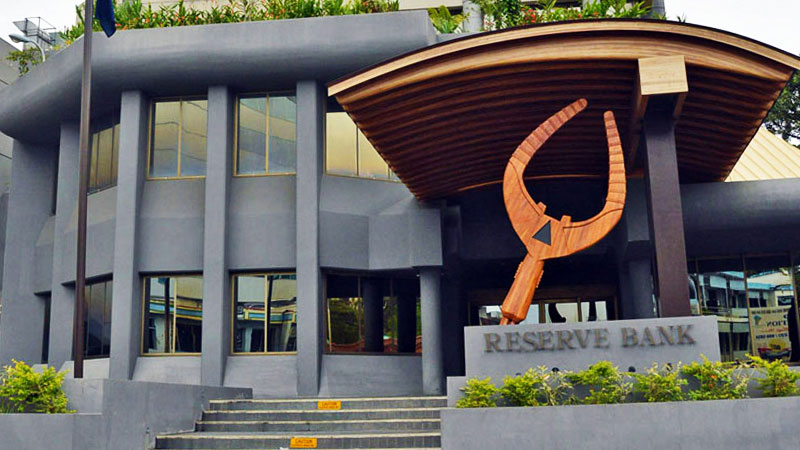
The Reserve Bank of Fiji Board says the annual inflation was 3.0 percent in December 2021, underpinned by higher food and fuel prices which have been spurred by higher global commodity prices, supply chain disruptions, natural disasters and a pick-up in foreign demand.
The RBF Board also says in the next three months, inflation will rise further due to the recent floods which is expected to raise prices of local fruit and vegetables.
Governor and Chairman of the Board, Ariff Ali says while rising food and fuel prices are concerning, a tighter monetary policy will not be able to arrest inflationary pressures that is mainly being driven by supply-side constraints.
The RBF Board says a return to pre-COVID-19 level of economic activity will be largely dependent on the full recovery of the tourism industry which in turn will take a few years to materialise.
The Board has cautioned that although tourism is expected to rebound this year, the raging Omicron variant could dent the recovery momentum.
It says nonetheless, the demand for international travel remains upbeat globally, and our high vaccination rate still makes Fiji a viable destination.
Ali adds that notwithstanding further worsening of the pandemic and occurrence of natural disasters which pose downside risks to the economic outlook, aggregate demand and labour market conditions are anticipated to improve as tourism activity expands and hotels resume full operations from April onwards in preparation for the peak season.
The Board says positive sentiments about the economic recovery could potentially rekindle investment activity, although investors may still take a cautious approach in light of the upcoming general elections.
It also says better adaptation to COVID-19 through the elimination of hard lockdowns and reduction in mandatory quarantine days along with continued remittance inflows will provide additional impetus to domestic demand relative to last year.
Stay tuned for the latest news on our radio stations

